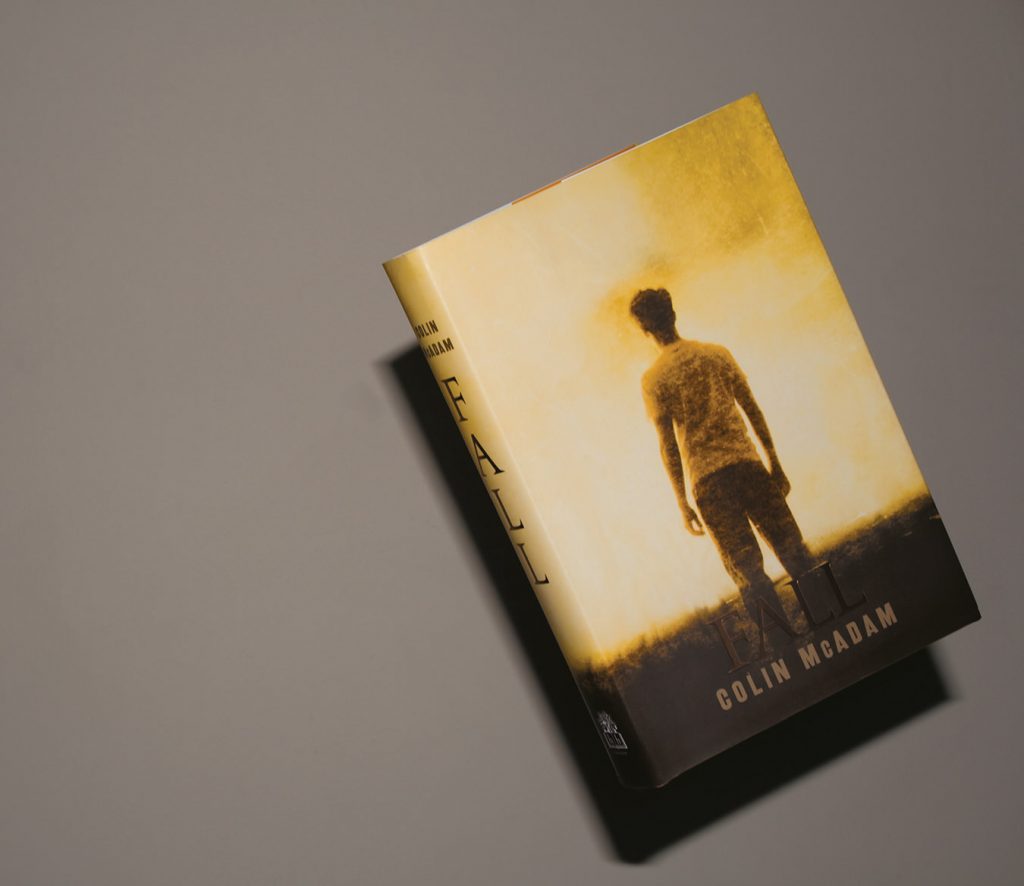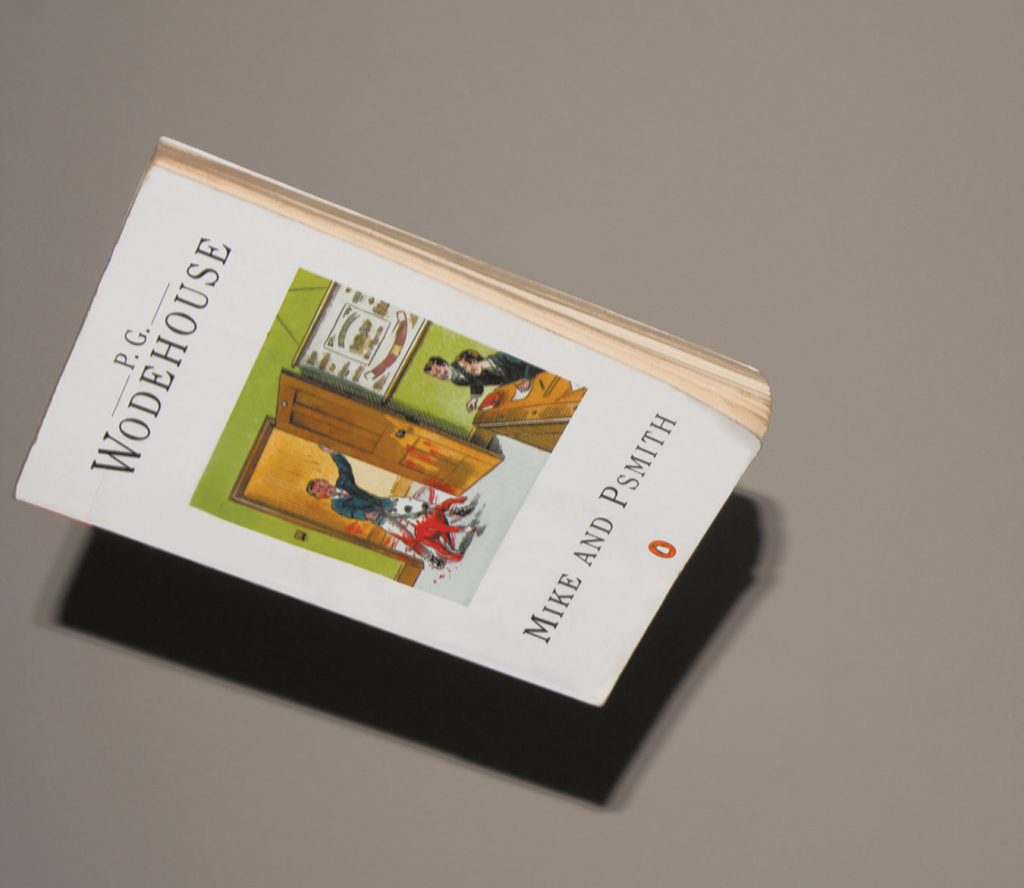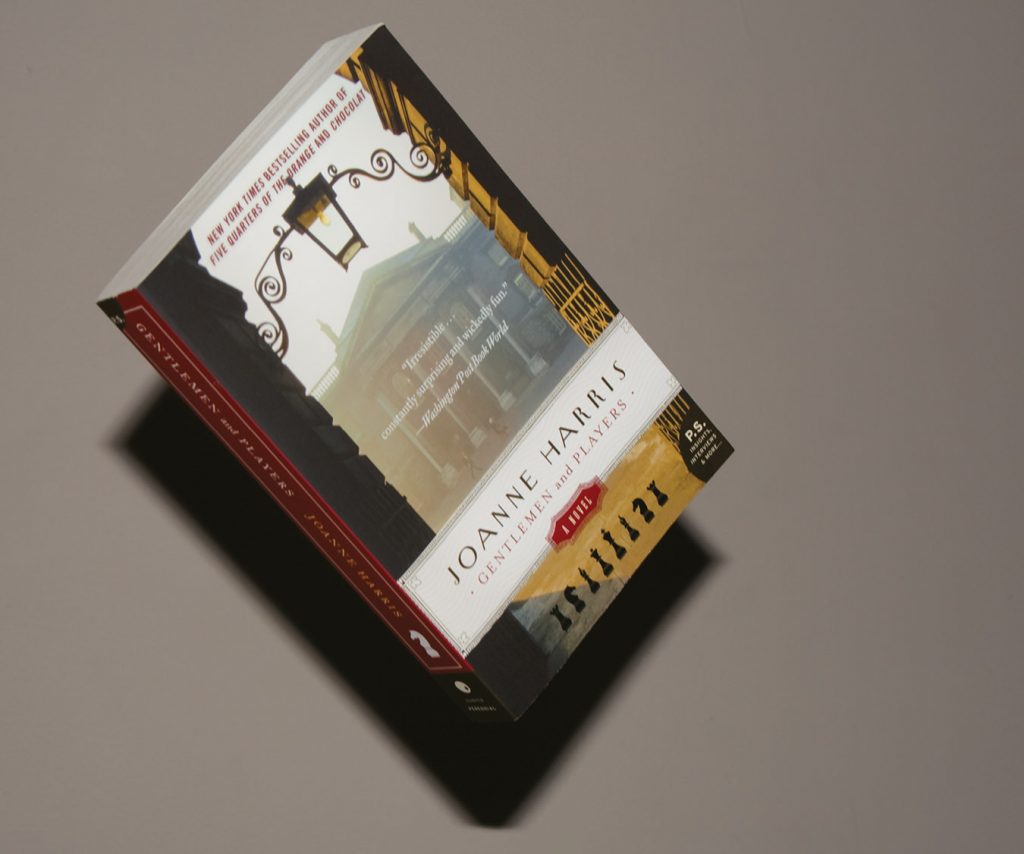When my mother threatened to send me to boarding school for adolescent crimes and misdemeanours, my rational self was appalled. My thinly disguised inner snob, on the other hand, was thrilled. The only thing better than being sent to a boarding school would be getting kicked out of one, à la Holden Caulfield. But family finances intervened, and I remained in the public school system. Yet I, like millions of readers, am entranced by stories set on the most elite breeding grounds of drama and intrigue.
Like prisons and the military, boarding schools attempt to shape every aspect of their inmates’ lives. They are worlds unto themselves and they abound with recognizable types. The three terrific stories discussed here feature characters and situations that set the standard. In one of the best examples of the boarding school genre, P.G. Wodehouse’s Mike and Psmith (“the P not being sounded”), the preternaturally suave Psmith greets his new roommate at Sedleigh by asking him, “Are you the Bully, the Pride of the School, or the Boy who is Led Astray and takes to Drink in Chapter Sixteen?” Mike tells him that, given a choice, he’d be the latter.
Mike, a hearty and uncomplicated fellow and cricket star, and Psmith are sent to Sedleigh in hopes that the school’s emphasis on academics might cause them to win a Balliol (apparently a much-coveted academic prize). Shenanigans ensue as the boys wreak havoc in the school. Wodehouse, one of the most lasting and delightful comic writers, manages to make even the abundant cricket scenes in the novel interesting. The sheer high spirit of the tale is enough to make me wish my mother had risked bankruptcy and banished me to a Sedleigh of my own.
Colin McAdam’s Fall, however, caused me to breathe a great sigh of relief that financial prudence prevailed. Fall is bracing for its refusal to pander to reader expectations. From boarding school tales, we tend to expect youthful escapades within a certain romantic atmosphere, as well as appealing characters whose exploits we can cheer. In Fall, we are thwarted on all fronts. The pranks at Ottawa’s exclusive St. Ebury teeter on the edge of sadism and real violence. We quickly learn that the school is not one with “pipes and dons and tweeds”: “It was a place of traditions but the traditions weren’t old …Like most private schools it was part fantasy, part reality, and therefore, all reality. A place where stories happened, not fables, where there was learning, not lessons, and no one came away with memories of neat moral episodes.” Oh. One of those.
Fall is told in alternating narrations by two roommates. Noel, an eloquent but deeply unlikable young man with a lazy eye and a dark nature, is certainly one of the creepiest fictional creations in recent memory. The son of a minor diplomat, he ends up rooming with Julius, the school’s golden child (finally, a convention respected). In a more cooperative novel, Julius would be a straightforward, accessible foil to Noel, but McAdam spills Julius’ narration through a meandering and unattributed stream of consciousness: “I’ll have a nap. / No. / Snack. / No. / Snack and nap. / Yes. / I want some pepperoni.” Not exactly Curtis Sittenfeld’s Prep we’re dealing with here.
Both Julius and Noel are in love with a girl named Fallon, or Fall. Not surprisingly, she loves Julius. The Biblical resonances of her name (and the novel) made me uncomfortable, as did the disturbing plot of this strange and fascinating story. Like Martin Amis’s misprision of the detective genre in Night Train, McAdam has had his literary way with the boarding school novel and created an unforgettable work.
Also unforgettable is Joanne Harris’s Gentlemen and Players. It is an intensely atmospheric story that combines the humour and tradition found in Mike and Psmith, with the seething tension between outsiders and insiders found in Fall. Enjoyable both as novel and audiobook (beautifully read by Steven Pacey), Harris’s boarding school narrative weaves multiple time lines and plot lines from alternating points of view. In this story, St. Oswald’s Grammar School for Boys comes under attack from a mysterious new faculty member nursing an old grudge. The hero is a venerable Classics teacher and resister of progress, Roy Straitley. On the edge of a reluctant retirement, he is the keeper of St. Oswald’s ideals and perhaps the only one who can save the school. Like Sedleigh and St. Ebury, St. Oswald’s is a place well worth visiting.












